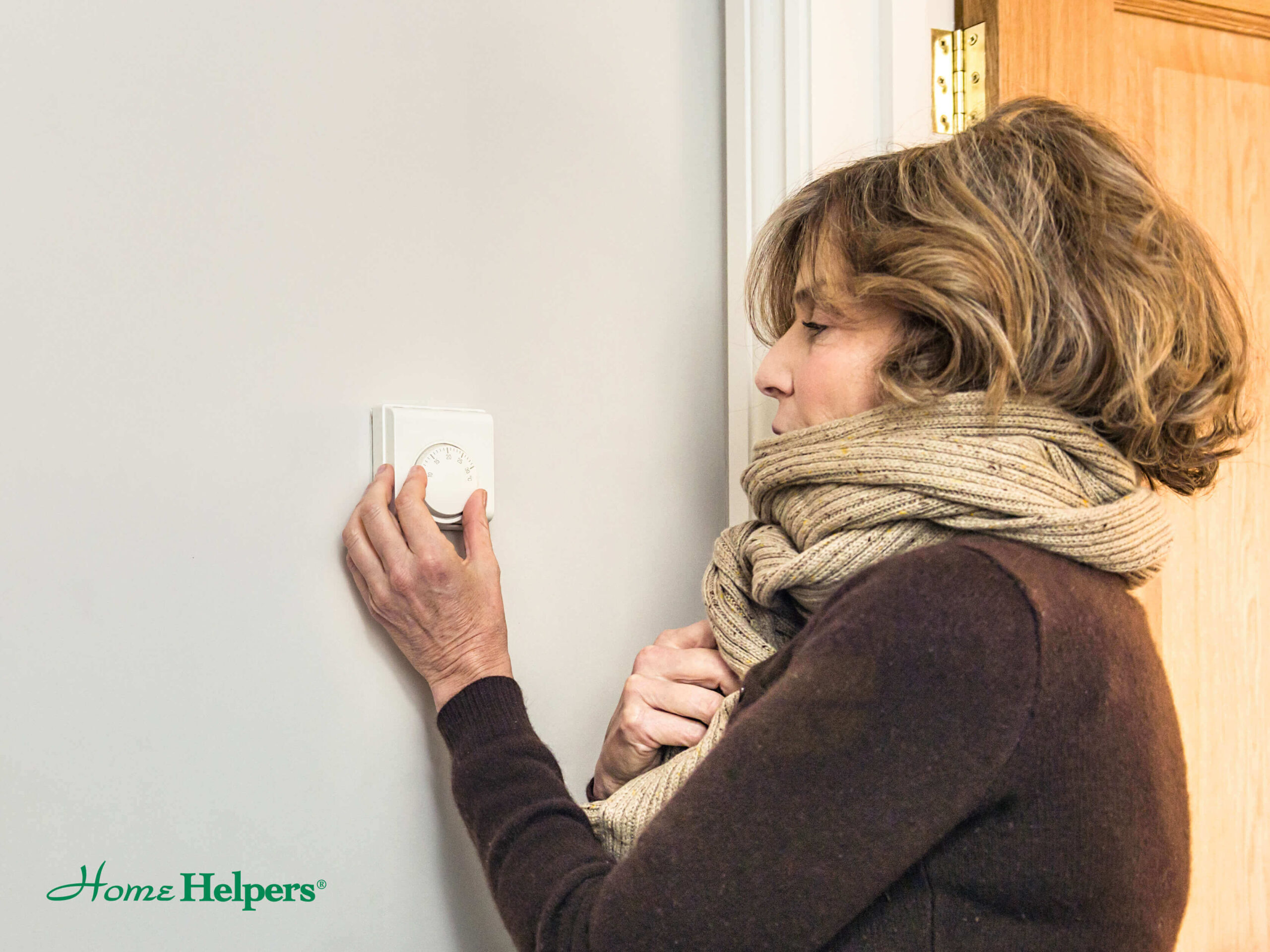Record-breaking low temperatures are all but inescapable this winter, with every state except Hawaii recording below-freezing weather on one recent morning. Staying warm in the middle of an Arctic blast is always a hassle, and we certainly endorse all the good advice offered about covering up hands and ears and dressing in layers.
But because the cold weather is a particular threat to the oldest and youngest among us, I wanted to offer a gentle reminder to be extra vigilant in checking on elderly loved ones during extreme weather.
Older adults are more vulnerable to hypothermia, a serious condition in which body temperature drops significantly. This is compounded by the fact that they may not show the signs and symptoms of low body temperature – or recognize them – the same way they once did. Which means, some things they didn’t pay much attention to when they were younger might now be detrimental to their health.
One culprit is a home that is not adequately heated. This can be due to a conscious choice, malfunctioning heating and ventilation, or because of poor sealing or insulation. Homes that have a consistent temperature as “warm” as 65 degrees Fahrenheit can leave older people vulnerable to hypothermia after prolonged exposure, according to the National Institutes of Health.
To enhance your senior’s comfort and safety, check in with them often. If you suspect they are reacting poorly to the weather outside, even though they’re spending most of their time inside, try these tips:
- Confirm their heating system is functioning properly, and the thermostat is set to at least 68 degrees
- Check for leaks or drafts, especially around windows and doors
- Temperatures can vary from room to room and even within the same room, so look for a warmer place as a temporary home base
- Consider the use of a remote thermometer or Wi-Fi-connected thermostat that permits you to monitor room temperature
- If you suspect the home is not adequately heated, find another place for your loved one to stay temporarily while you sort out a solution
Most important, if you notice any symptoms of hypothermia – sudden clumsiness, slurred speech, stiff hands, shallow breathing – seek medical attention immediately.
A winter wonderland can be beautiful, but brutal. This is truer as we age. Let’s make sure those we care for are in an environment that protects their health and safety while respecting their independence for as long as possible.

